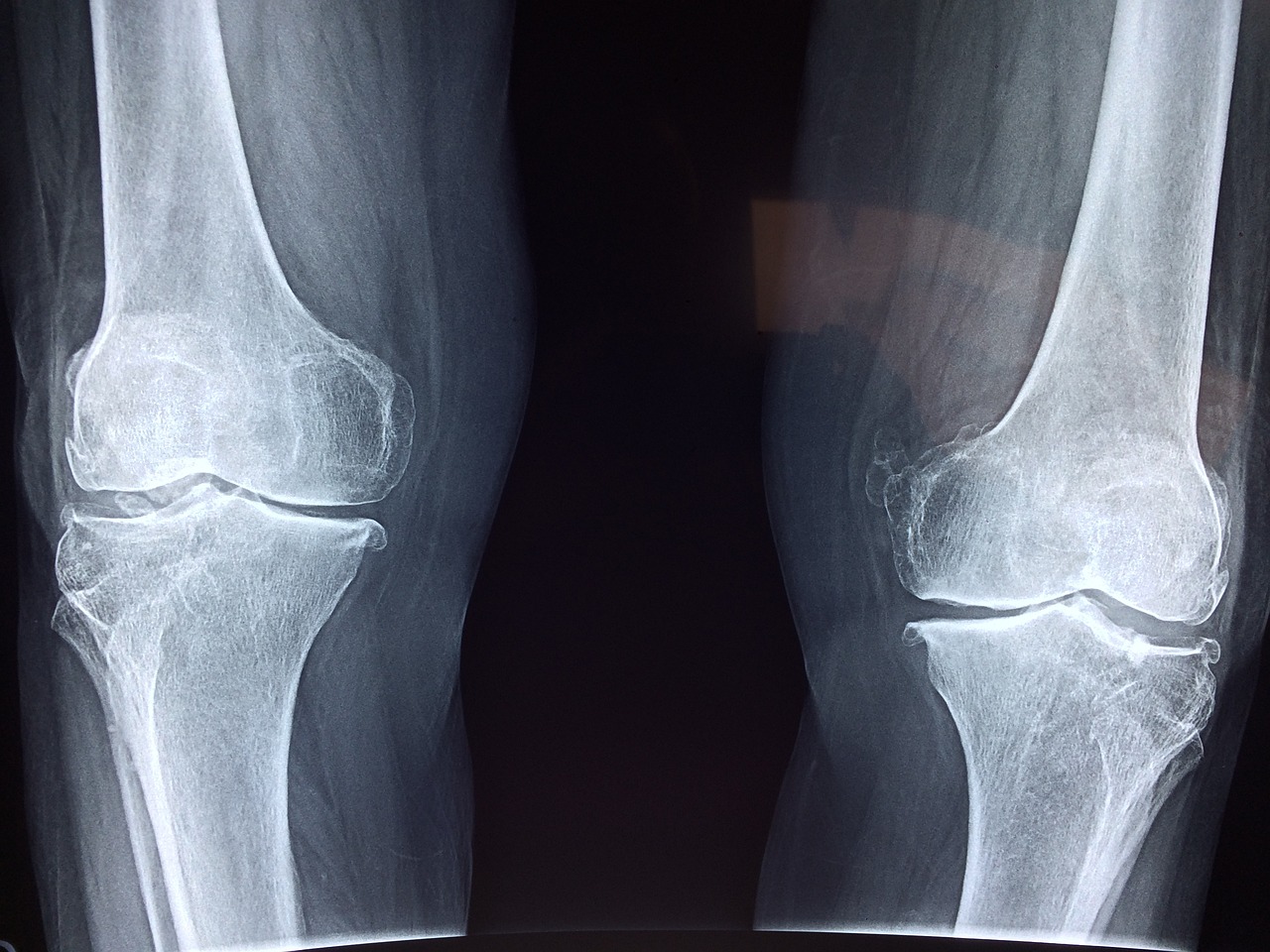Article Title:Between Global History and Microhistory: Rethinking Histories of Small Spaces and Cities
Abstract:
How can historians of small spaces and cities focus on local events and issues and at the same time carry on conversations with peers in a disciplinary mode marked by the spatial expansiveness of global history, on one hand, and a focus on objects and individuals of microhistory on the other? At stake here are key questions connected with the intellectual value of place-based knowledge and detailed single-site historical case studies. I argue that as long as we are caught between the positivist idea that causal regularity and time-place independence of explanatory mechanisms are the hallmark of theory, and the postmodernist resistance to generalizations, histories of cities and other small spaces will suffer from defanged empiricism. This problem is particularly debilitating for non-global histories of small spaces and cities of the global South, which often do not travel well. Is there a way out? I argue that a critical engagement with the stratified ontologies of critical realism- in particular, a version that I call soft critical realism-and Charles Tilly's deep order can enable historians of small spaces and cities to re-situate their research at the heart and center of social theory, and simultaneously strike a better balance between attention to local details, the narrative form, and engagement with larger processes, concepts, and theories. Finally, I concretize the discussion by offering the example of how my own research on late colonial and early postcolonial Calcutta has benefitted from this approach.
Keywords: global history; microhistory; urban history; critical realism; Charles Tilly; deep order; history and ontology; Calcutta/Kolkata; global South and history; defanged empiricism
DOI: 10.1017/S0010417523000397
Source:COMPARATIVE STUDIES IN SOCIETY AND HISTORY
Welcome to correct the error, please contact email: humanisticspider@gmail.com



